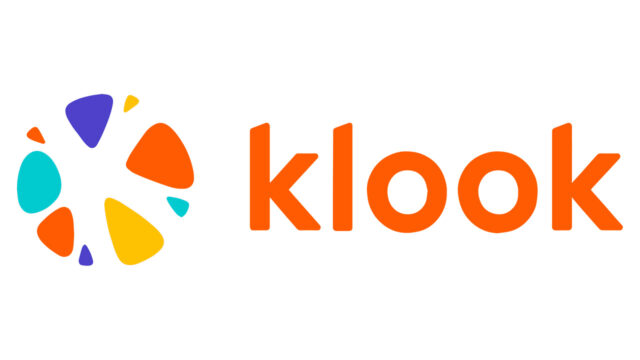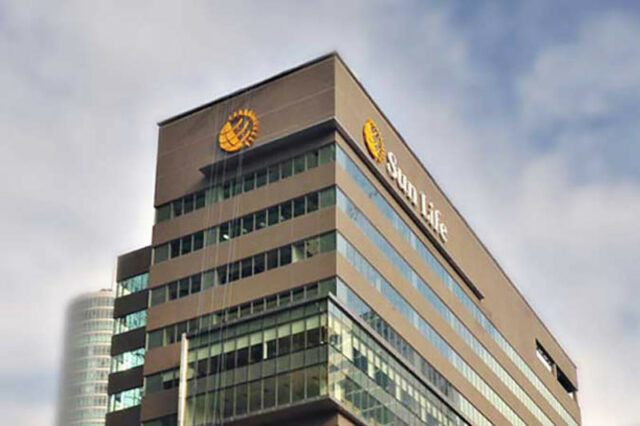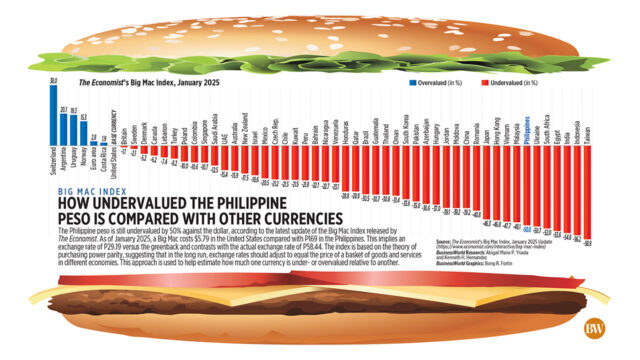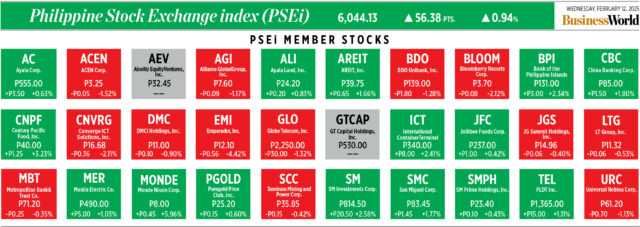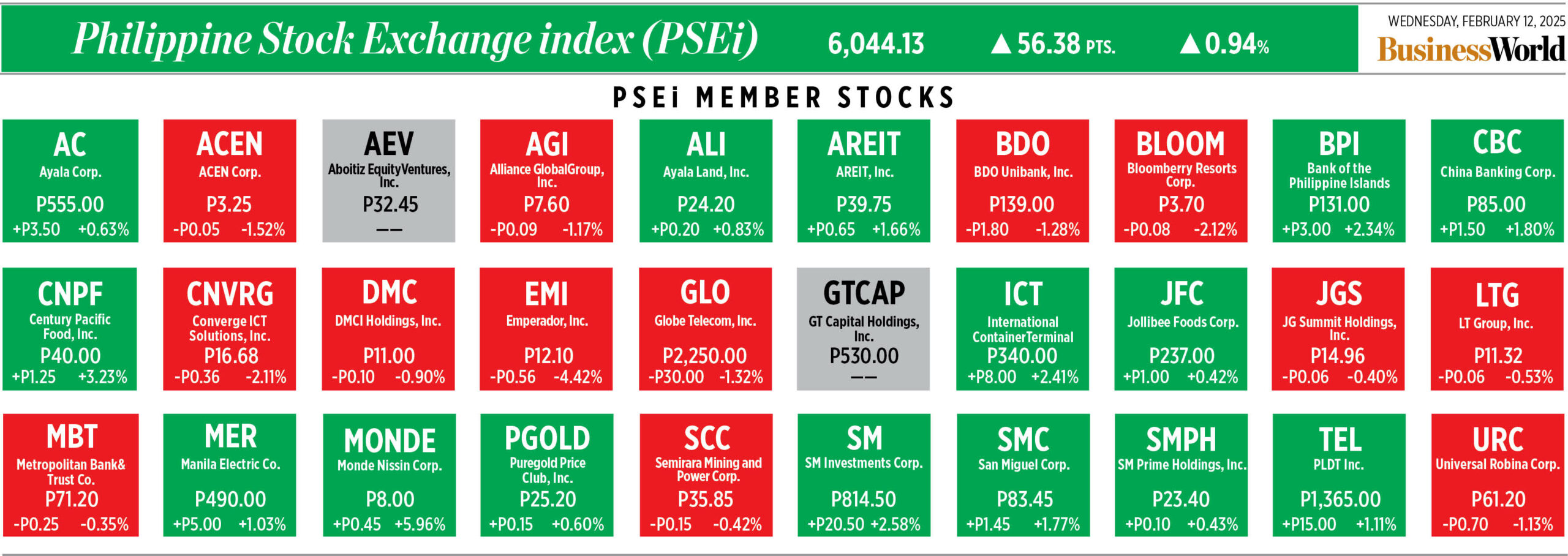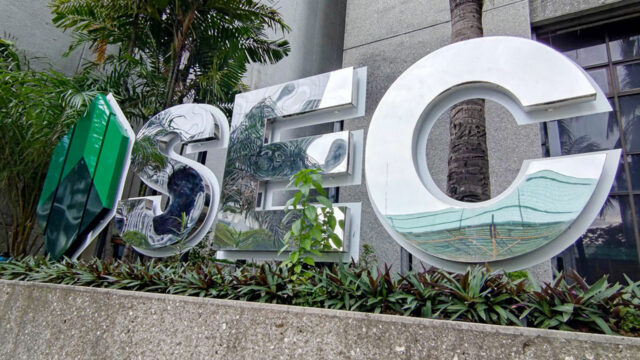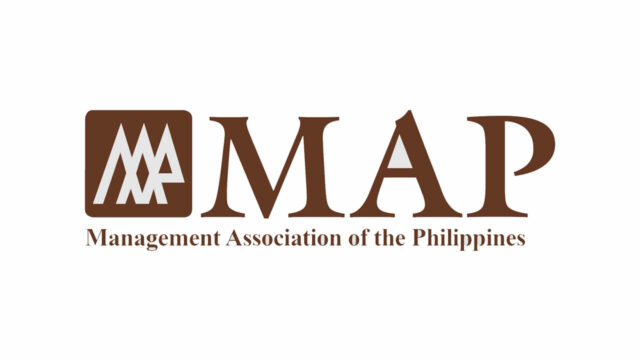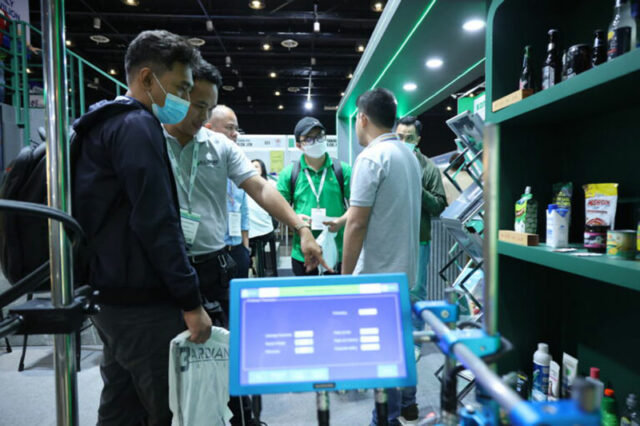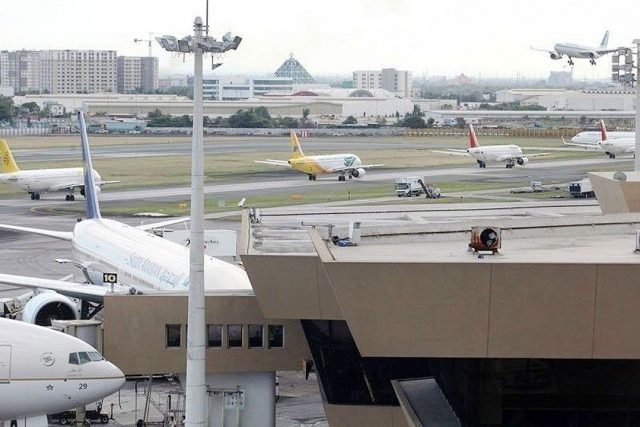PHL smartphone market growth may slow this year — IDC
THE PHILIPPINE smartphone market is projected to expand at a slower rate this year, according to the International Data Corp. (IDC).
“IDC anticipates annual growth in 2025, albeit at a slower pace due to increasing costs brought about by forex (foreign exchange) concerns, as Chinese vendors aim to retain their foothold in the Philippines’ smartphone market through an aggressive product push of entry-level smartphones priced below $100,” Angela Jenny V. Medez, senior market analyst for client devices at IDC Philippines, told BusinessWorld in an e-mail.
“We’ve already observed some price increases since last year from newer models compared to their predecessors. We could see further price hikes for some smartphones as vendors protect margins against rising costs due to forex concerns,” Ms. Medez said.
In 2024, the Philippine smartphone market grew by 6.1% year on year to 18 million units, as vendors introduced affordable entry-level smartphones, offsetting the effects of the weak peso.
“Despite challenges such as the weakening peso and inclement weather events, the smartphone market’s acceleration was supported by overall steady economic growth in 2024 and vendors’ strategic approach of bringing in more entry-level models to keep smartphones affordable for Filipinos,” IDC said in its latest Quarterly Mobile Phone Tracker.
At the end of 2024, the peso closed at P57.845 per dollar, P2.475 weaker than its end-2023 level of P55.37 against the greenback.
Last year, more than half of total smartphone shipments were priced below $100 (around P5,817).
The fourth quarter saw the highest smartphone sales, with five million units shipped, driven by holiday-season demand, Ms. Medez said.
“While the last quarter slowed down with an annual decline of 11.8% due to early launches by vendors in the prior quarter, it remained the strongest quarter for smartphone sales,” she said.
Meanwhile, US President Donald J. Trump’s recently imposed 10% tariff on Chinese imports may cause uncertainty among smartphone market players, Ms. Medez said.
In 2024, Transsion recorded the highest market share at 37.3%, shipping around 4.8 million units, mainly driven by Infinix’s Smart series and Tecno’s Spark Go series.
Other smartphone brands that dominated the Philippine market included realme (13.3%), vivo (11%), Xiaomi (11%), OPPO (10.1%), and others (17.4%).
According to Ms. Medez, smartphone sales this year will be driven by Filipinos’ growing adoption of online shopping, multiple financing options through lending apps and banks, and vendors’ attractive trade-in programs.
When buying a smartphone, consumers prioritize larger storage and battery capacity, Ms. Medez said.
IDC also noted a rising demand for smartphones with AI features such as voice assistance and photo and video editing, as well as a growing preference for foldable and flip phones. — Beatriz Marie D. Cruz



